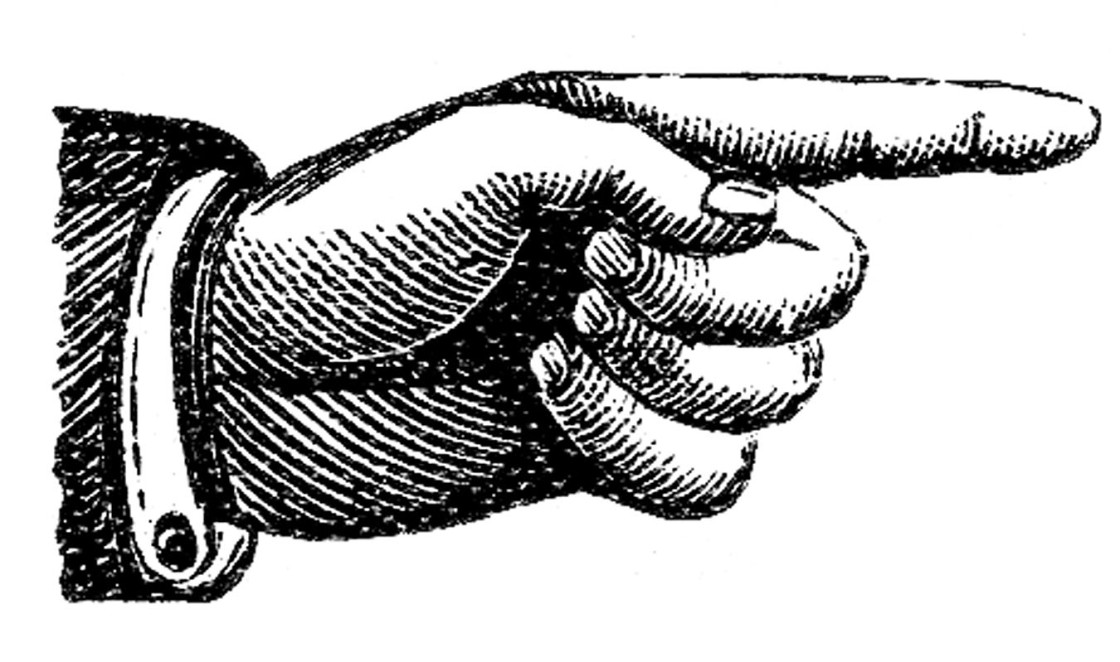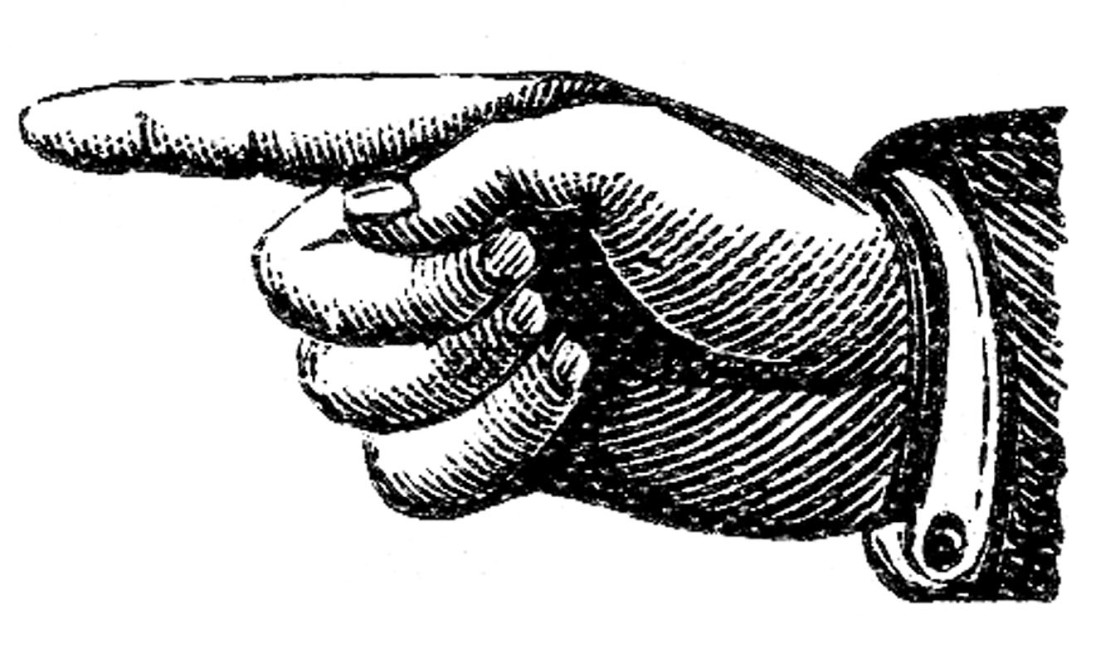Teaching Philosophy
Developed for more than two hundred years, economic literature has significantly changed the way people thinking about the economic behaviors, events, societies, and the world. Most of the economic issues can be examined as fact based on economic theories and methods – which is called the positive economics. In the meantime, more and more issues are reflected as value based on economic principles and ethics – which is called the normative economics. Economics provide us with the objective understanding of what the world economy is like as well as the subjective reflection of what the world economy should be like. Having Studied economics for almost seven years, I am always fascinated by the life philosophy that I learned from economics. And I hope to incite my students’ passion for learning economics and discover their value and meaning of life through learning of economics.
The world economy is complicated as it involves 7.5 billion people and 195 countries. To be able to understand the world economy comprehensively and detailedly, we will start learning from the microeconomics (such as individuals, households, and firms) to the macroeconomics (such as countries, continents, and the global world). We will have lectures with textures as well as discussions with dialogues. We will represent different groups of people in analyzing the economic activities as well as different views of ethics, morality, and fairness in improving economic welfares. We will develop a learning environment of inclusiveness and diversity as well as a learning atmosphere of heuristics and critiques.
Throughout the teaching, my commitment as a teacher is reflected in the three principles:
- to nurture positive and inclusive learning;
- to inspire creative and critical learning;
- to develop a solid foundation for lifelong learning.
To accomplish this, we are obliged to follow the educational ethics and professional norms and maintain our mutual respects in and out of classes. In addition, we are all encouraged to make efforts to encompass these principles through individual and collaborative learning, diversity and inclusive discussion, problem posing and solving, and peer and self-assessment.
Individual and Collaborative Learning: Considering the different background of all students, I will design preliminary activities, such as first-day class survey and brief bio introduction, to help me identify the preliminary cognition of each student and tailor the instructional plan accordingly. After identifying individual background and preference, I will then suggest all students create small learning groups for collaborative teamwork (exemption cases are considerable but may require additional discussions). As an experienced student, I recognize that the best approach for learning is through a healthy and balanced combination of competition and cooperation, which can benefit classroom learning and management at all levels. To promote this learning process, I will prepare constructive lectures, assignments, and projects in concert with the curriculum schedule.
Diversity and Inclusive Discussion: Being an international graduate student, I’ve fully acknowledged the diverse existence of individual values, social norms, cultural ethics, religious beliefs, nurturing environments, etc. And this experience has contributed a lot to the development of my inclusive, respectful, open-minded personality. So in my class, I embrace all efforts that make our learning environment full of inclusiveness and mutual respects. However, inclusiveness does not necessarily mean consensus. In other words, I encourage every student to speak out their understandings, concerns, agreements and disagreements in a mutually respectful manner. By establishing a diversified and respectful learning environment, we can learn more than we may expect otherwise.
Problem Posing and Solving: While lectures and discussions are useful in helping students memorize and understand the course contents, they may be not enough for students to thoroughly apply, analyze, and extend the knowledge materials. Problem posing and solving exercises provide students with great opportunities to bring out a real-world economic issue, to apply what we have learned to make a professional analysis and find the feasible solution(s). Not necessarily has it to be an unprecedented or splendid issue, but it is suggested to be extensive and creative. For examples, it can be a study with a novel method of analyzing and modeling the previous findings, or a critical assessment of the previous literature. Throughout these exercises, students will develop the way of thinking and understand the economic issues as an economist.
Peer and Self-Assessment: Lion F. Gardiner once wrote that “Assessment is essential not only to guide the development of individual students but also to monitor and continuously improve the quality of programs, inform prospective students and their parents and provide evidence of accountability to those who pay our way.” To make these assessments, we will implement a set of peer and self-assessment basics, such as individual portfolios (assignments and exams, etc.) and teamwork projects and presentations (problem posing and solving exercises, etc.) to measure student mastery and evaluate the overall performance that students have accomplished according to the course objectives and anticipatory sets.
For these years of study, I have shown my enthusiasm and effort of learning and teaching. Following the above basic principles, I am confident of being a professional teacher and have well prepared for being a professional teacher. I understand that teaching is the toughest work in that it may shape a student’s life enormously. And I hope that teaching with passion, efforts, responsibilities and sincerity will ignite my students’ desire for life-long learning.


 Paulo Freire distinguishes between the banking education and problem-education. He says:
“Banking education … attempts, by mythicizing reality, to conceal certain facts which explain the way human beings exist in the world; problem-posing education sets itself the task of demythologizing. Banking education resists dialogue; problem-posing education regards dialogue as indispensable to the act of cognition which unveils reality. Banking education treats students as objects of assistance; problem-posing education makes them critical thinkers. Banking education inhibits creativity and domesticates (although it cannot completely destroy) the intentionality of consciousness by isolating consciousness from the world, thereby denying people their ontological and historical vocation of becoming more fully human. Problem-posing education bases itself on creativity and stimulates true reflection and action upon reality, thereby responding to the vocation of persons as beings only when engaged in inquiry and creative transformation. In sum: banking theory and practice, as immobilizing and fixating forces, fail to acknowledge men and women as historical beings; problem-posing theory and practice take the people’s historicity as their starting point.”
Freire is relentlessly critical of banking education, and this is problematic. Allow me to explain. Imagine a young child, a toddler. A toddler, as the name implies, is learning how to perambulate, how to make their way in the world. At around the same age, they are also learning how to talk. One might wonder: what form of education is most conducive to language acquisition? Those that have served their time in the toddler trenches know that language acquisition is largely the result of training. “This is red.” “That is a tree.” “No, that is a leaf, not a tree.” “This is a tree.” These god-like proclamations are often accompanied by an ostension, that is, pointing a finger at the christened object. Training is necessary because as everyone knows, ostensive definition is inherently ambiguous; for how can the child know that “red” refers to the color of the object and not the shape or the name of the object itself? It is only by training that a child comes to distinguish colors from shapes and both of these properties from objects.
What type of education does this more closely resemble: banking or problem-posing? Despite my sincere admiration for Freire’s polemic, I would have to say, banking; and contrary to what Freire argues, this isn’t a bad thing! Without language, the world would be, to quote William James, just a “blooming, buzzing, confusion.” In more academically rigorous jargon, nothing would be phenomenologically available. Without language, without the ability to distinguish one thing from another, we simply don’t have anything resembling a word. However, when parents decide to teach their offspring how to speak, they are indoctrinating them. Even before they are born, as Althusser has observed, they are interpolated, that is, named. Moreover, it is through language that we conceptualize the world – change the language and you change the world. Problem-posing education is extremely valuable for the creation of critical humans, however, it’s important to recognize that this kind of learning is logically contingent and ancillary to banking education.
Heidegger once noted that we don’t speak language, language speaks us. Consider what would transpire, if parents suddenly ceased to train their children to use language? When we acquire a language, we, by and large, acquire a conceptual apparatus that we never question. Indeed, critical inquiry stops here.
Paulo Freire distinguishes between the banking education and problem-education. He says:
“Banking education … attempts, by mythicizing reality, to conceal certain facts which explain the way human beings exist in the world; problem-posing education sets itself the task of demythologizing. Banking education resists dialogue; problem-posing education regards dialogue as indispensable to the act of cognition which unveils reality. Banking education treats students as objects of assistance; problem-posing education makes them critical thinkers. Banking education inhibits creativity and domesticates (although it cannot completely destroy) the intentionality of consciousness by isolating consciousness from the world, thereby denying people their ontological and historical vocation of becoming more fully human. Problem-posing education bases itself on creativity and stimulates true reflection and action upon reality, thereby responding to the vocation of persons as beings only when engaged in inquiry and creative transformation. In sum: banking theory and practice, as immobilizing and fixating forces, fail to acknowledge men and women as historical beings; problem-posing theory and practice take the people’s historicity as their starting point.”
Freire is relentlessly critical of banking education, and this is problematic. Allow me to explain. Imagine a young child, a toddler. A toddler, as the name implies, is learning how to perambulate, how to make their way in the world. At around the same age, they are also learning how to talk. One might wonder: what form of education is most conducive to language acquisition? Those that have served their time in the toddler trenches know that language acquisition is largely the result of training. “This is red.” “That is a tree.” “No, that is a leaf, not a tree.” “This is a tree.” These god-like proclamations are often accompanied by an ostension, that is, pointing a finger at the christened object. Training is necessary because as everyone knows, ostensive definition is inherently ambiguous; for how can the child know that “red” refers to the color of the object and not the shape or the name of the object itself? It is only by training that a child comes to distinguish colors from shapes and both of these properties from objects.
What type of education does this more closely resemble: banking or problem-posing? Despite my sincere admiration for Freire’s polemic, I would have to say, banking; and contrary to what Freire argues, this isn’t a bad thing! Without language, the world would be, to quote William James, just a “blooming, buzzing, confusion.” In more academically rigorous jargon, nothing would be phenomenologically available. Without language, without the ability to distinguish one thing from another, we simply don’t have anything resembling a word. However, when parents decide to teach their offspring how to speak, they are indoctrinating them. Even before they are born, as Althusser has observed, they are interpolated, that is, named. Moreover, it is through language that we conceptualize the world – change the language and you change the world. Problem-posing education is extremely valuable for the creation of critical humans, however, it’s important to recognize that this kind of learning is logically contingent and ancillary to banking education.
Heidegger once noted that we don’t speak language, language speaks us. Consider what would transpire, if parents suddenly ceased to train their children to use language? When we acquire a language, we, by and large, acquire a conceptual apparatus that we never question. Indeed, critical inquiry stops here.
